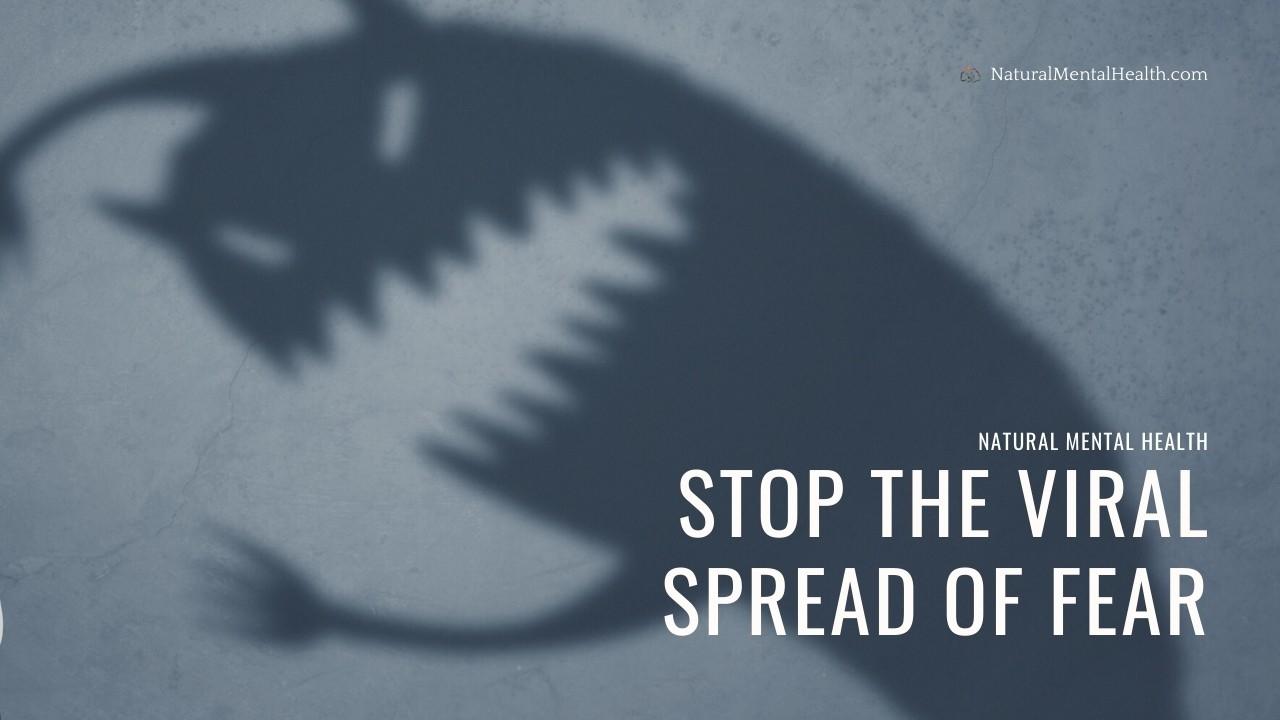
You Can Stop the Viral Spread of Fear
Apr 07, 2020By Henry Emmons, MD
There are two unhelpful reactions to something as fearsome as a pandemic, and I’m not sure which is worse:
- Denial
- Fear
We can go into denial, pretending it doesn’t exist, hoping it will all go away. We’ve seen what happens when we choose denial—it leaves us unprepared, unable to mount an effective response, and more at the mercy of events. Denial is no way to face any trial, much less one as momentous as this.
Now, what about fear? Isn’t fear a reasonable response, maybe even the right response, when we face something fearsome? No.
Fear is panic’s gentler but more insidious cousin. It may be less extreme, but possibly even more harmful in the long run. Nobody wants to live a life run by fear.
Fear offers no advantage in facing this pandemic. None whatsoever. I realize that many of us cannot help but feel fear, but I urge you not to give it a foothold. Fear can only get a foothold when we cease living in the present, when we lose our conscious presence. And that is optional. We don’t lose it so much as we give it away.
Consider that in this moment, there is nothing to fear. Most of us are healthy right now. We have nothing to fear. We have only to prepare and take reasonable precautions to stay healthy.
If you have been exposed to someone who is ill but you don’t feel sick, there is still nothing to fear. You need to self-quarantine for about 14 days until the risk passes.
If you actually do feel sick, there is still nothing to fear. You need to seek medical attention, get tested, and take the measures recommended to you. If you are facing any of these challenges, you need to act, but you do not need to fear.
Fear happens when we move out of the present and project into the future with anxious thoughts. We all tend to do that. We are wired that way, after all. But we can all learn not to do that, and this would be a great time to start.
This pandemic is, indeed, a crisis. And a crisis is, indeed, an opportunity. Use this opportunity to grow, to become a better version of yourself.
Strategies to Move Out of Fear
- Show care for others by temporarily keeping your distance from them.
- Acknowledge the interdependence that we share with people around the world.
- Sing with others from your balcony, as some have done in Italy.
- Be grateful for all the communal gatherings you are missing—the concerts, plays, sporting events, dinners out with friends.
- Appreciate the skill and sacrifice of our scientists and health care workers, including those whose roles often go unnoticed, like nursing home aides.
- Learn to acknowledge fear when it arises, as it will, and then put it in its place. You might feel fear, but you are more than that.
We will get through this. Let’s do so fearlessly, with our eyes and hearts wide open, fully aware of our common humanity. And together, let’s stop the spread of the coronavirus, and of fear.







